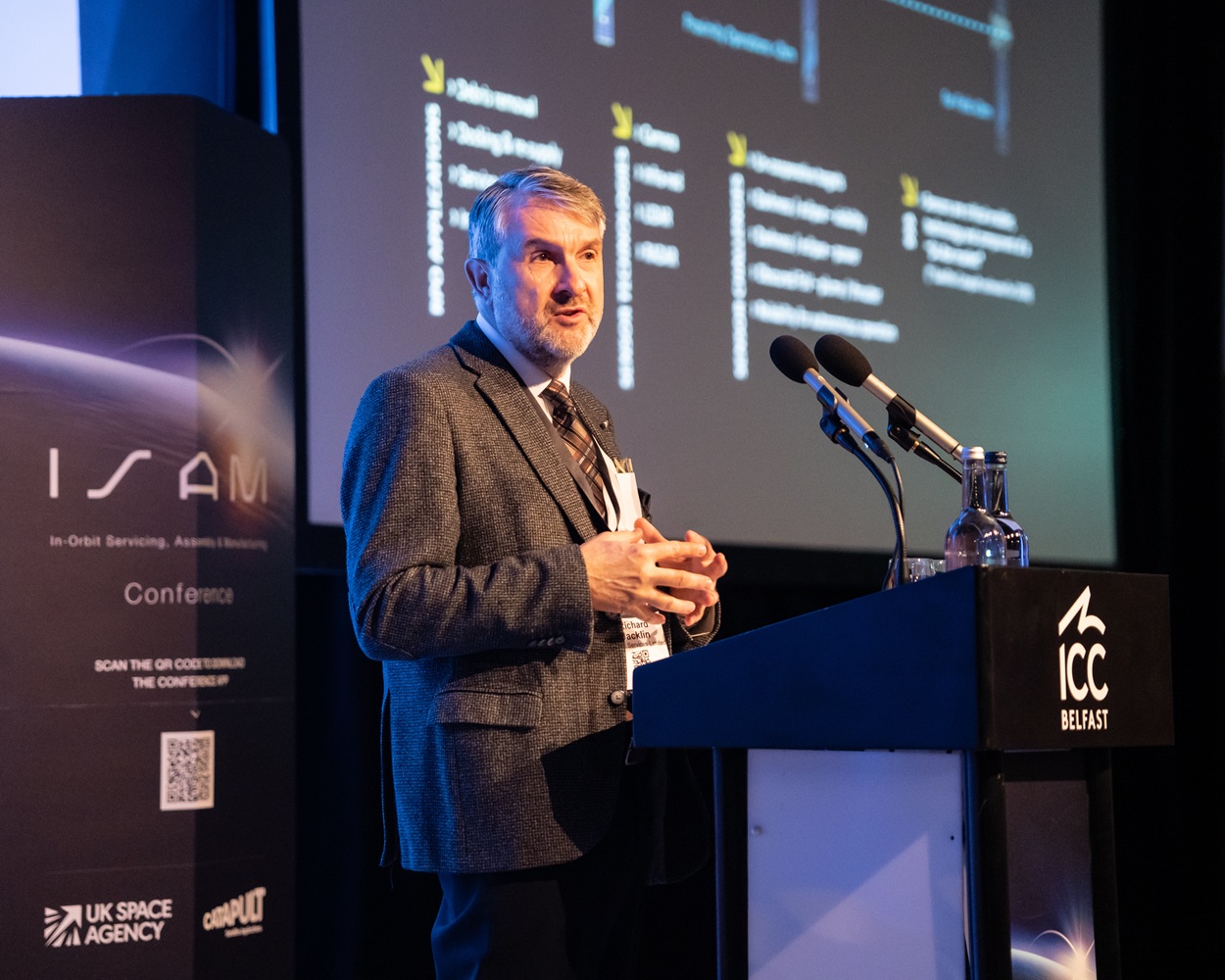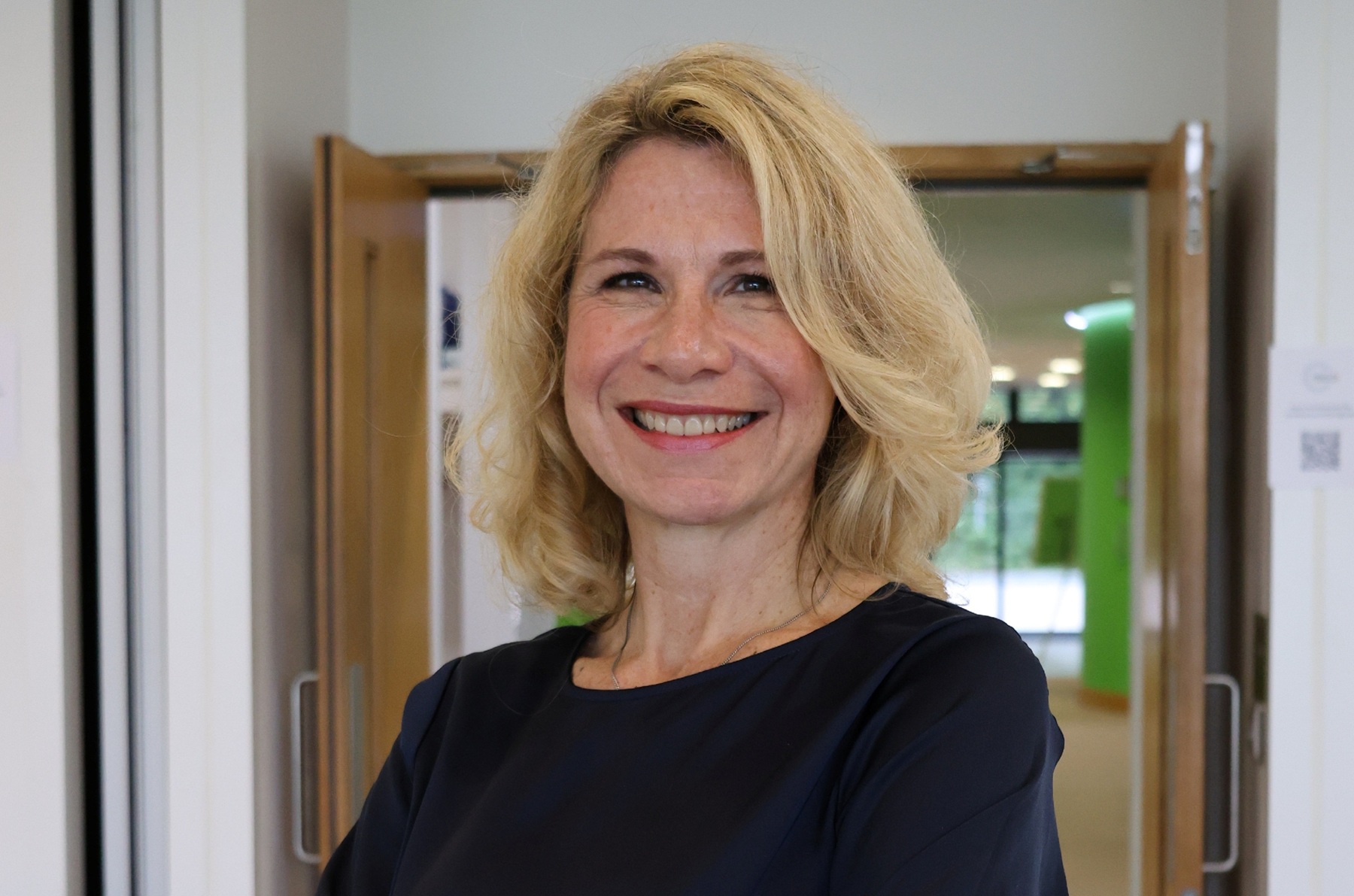Boost for UK aerospace engineering talent
 UK aerospace companies, government agencies, professional institutions and universities are providing a much needed boost to the UK aerospace engineering talent pipeline.
UK aerospace companies, government agencies, professional institutions and universities are providing a much needed boost to the UK aerospace engineering talent pipeline.
Through the Aerospace MSc Bursary Scheme up to 500 tuition-fee bursaries are being awarded for study on MSc programmes at UK universities to help raise higher level engineering skills in the sector.
UK Aerospace is world class and needs to remain so. Challenges and opportunities abound; noise reduction, fuel efficiency and reducing operating costs continue to be sought and forecast growth in air travel is being underpinned by developments in the Middle and Far East. The indications are that the challenges and opportunities will continue for the foreseeable future. The sector will, however, have to grasp these opportunities and a key enabler for doing so as to ensure that we have enough bright and committed new engineers. That’s where this scheme contributes.
Formed in response to work done by the Aerospace Growth Partnership, the scheme brings together the Department for Business, Innovation & Skills & Department for Learning Northern Ireland, BAE Systems, Bombardier Aerospace, Airbus Group, Finmeccanica, GKN Aerospace, MBDA Missile Systems, Safran, Rolls-Royce, Spirit Aerosystems, The Royal Aeronautical Society (RAeS), the Royal Academy of Engineering (RAEng) and leading UK universities.
 Bursaries are awarded to people who would not otherwise be able to enter the sector with the higher level skills needed and those who are already working in the sector and need to raise their skills to support business growth and technological development. In particular the Scheme targets people who can’t otherwise afford postgraduate study , people who are transferring into the sector from other relevant backgrounds such as Physics and Mathematics, and those who work in the SMEs that make up the UK aerospace supply chain.
Bursaries are awarded to people who would not otherwise be able to enter the sector with the higher level skills needed and those who are already working in the sector and need to raise their skills to support business growth and technological development. In particular the Scheme targets people who can’t otherwise afford postgraduate study , people who are transferring into the sector from other relevant backgrounds such as Physics and Mathematics, and those who work in the SMEs that make up the UK aerospace supply chain.
The first 100 bursaries were awarded for study starting this academic year 2013-14 and a further 400 are being awarded for each of the next 2 years. But support doesn’t stop there. In addition to contributing funds the companies involved also support bursary holders through their studies helping, for example, with project subject choices. In addition the RAeS and RAEng introduce bursary holders to each other and to potential employers to add value to their experience and to help them integrate and network.
Government data suggests that the economy is on the rise, we are seeing increasing global demand for air travel, technological developments in aerospace are needed to contribute to a sustainable future, and the demands on defence and security remain intense. So, it’s heartening to see the co-operation and commitment shown by key players in our sector that is demonstrated in this scheme.
The Bursary Scheme is a key enabler for people wanting to enter and progress in the sector as it means affordable top class academic education within an industrial context
Find out more at
www.raeng.org.uk/aeromsc














